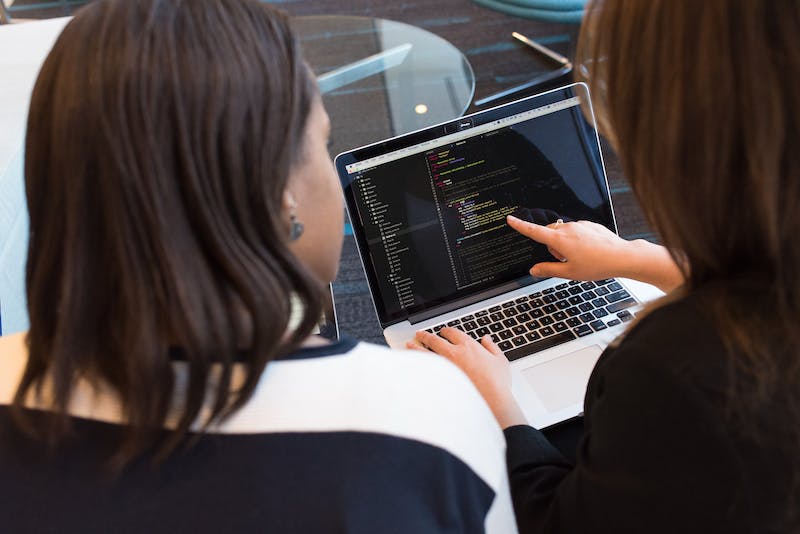
WordPress is one of the most popular content management systems (CMS) on the internet, powering millions of websites around the world. With its popularity, however, comes the risk of cyber threats and attacks. IT‘s essential for Website owners to prioritize WordPress security to protect their websites from potential vulnerabilities and attacks.
In this article, we’ll discuss the essential measures you can take to safeguard your WordPress website from cyber threats, ensuring its security and integrity.
1. Keep WordPress Core, Themes, and Plugins Updated
One of the most fundamental steps in ensuring WordPress security is keeping the core software, themes, and plugins updated. Developers regularly release updates to patch security vulnerabilities and fix bugs. By keeping your WordPress installation up to date, you ensure that your website is protected against known security threats.
Additionally, avoid using outdated plugins or themes that are no longer maintained by their developers. These abandoned plugins and themes may contain unaddressed security vulnerabilities, putting your website at risk.
2. Use Strong and Unique Passwords
Password security is crucial in protecting your WordPress website from unauthorized access. Use strong and unique passwords for your WordPress admin accounts, FTP accounts, and database. Avoid using easily guessable passwords such as “password123” or “admin”. Instead, use a combination of letters, numbers, and special characters to create complex passwords.
Consider using a password management tool to generate and store strong passwords for your WordPress accounts. This ensures that all your passwords are unique, complex, and securely stored.
3. Implement Two-Factor Authentication
Two-factor authentication (2FA) adds an extra layer of security to your WordPress login process. With 2FA enabled, users are required to provide a second form of authentication, such as a one-time code sent to their mobile device, in addition to their password. This significantly reduces the risk of unauthorized access, even if a password is compromised.
There are several 2FA plugins available for WordPress that make it easy to enable this security feature for your website. Consider implementing 2FA to enhance the security of your WordPress login process.
4. Utilize Secure Hosting and SSL Encryption
Choosing a reputable and secure web hosting provider is essential for WordPress security. Your hosting provider’s security measures play a significant role in protecting your website from cyber threats. Look for hosting providers that offer features such as server-level firewall, malware scanning, and regular backups.
Furthermore, enable SSL (Secure Sockets Layer) encryption for your website. SSL ensures that data transferred between your website and its visitors is encrypted, making it difficult for attackers to intercept and manipulate the data. Websites with SSL certificates display a padlock icon in the address bar, indicating a secure connection.
5. Regularly Back Up Your Website
Regular backups are essential for disaster recovery in the event of a security breach, website compromise, or data loss. WordPress offers various backup solutions, including plugins that automate the backup process and store the backup files securely offsite. Ensure that your backup strategy includes both database and files, and regularly test the restore process to verify the integrity of your backups.
Consider utilizing a reputable backup solution such as ‘backlink works‘ to safeguard your website against data loss and ensure that you have the ability to restore your website in the event of a security incident.
6. Limit User Permissions and Access
Restricting user permissions and access to your WordPress website is an essential security practice. Only grant necessary permissions to users based on their roles and responsibilities. For example, an editor or author does not need administrative privileges, as this could lead to unintended changes or security risks.
Regularly review and audit user accounts to ensure that only authorized individuals have access to your website’s backend. Remove any dormant or unused accounts to minimize the potential attack surface.
7. Install a WordPress Security Plugin
Consider installing a reputable WordPress security plugin to add an extra layer of protection to your website. Security plugins offer features such as malware scanning, firewall protection, login rate limiting, and security monitoring. These plugins can help you identify and address security issues before they escalate into major problems.
When selecting a security plugin, ensure that it is regularly updated and actively maintained by its developers to ensure ongoing protection for your website.
8. Monitor Website Activity and File Changes
Regularly monitor your website activity and file changes to detect any unauthorized or suspicious behavior. Activity logs can help you identify login attempts, file modifications, and other actions performed on your website. Any unusual activity should be promptly investigated and addressed to prevent potential security breaches.
Consider using a monitoring plugin or service that provides real-time alerts for website activity and file changes. This proactive approach can help you take immediate action to mitigate security risks.
Conclusion
Ensuring the security of your WordPress website is a critical responsibility for website owners. By implementing the essential security measures discussed in this article, you can protect your website from cyber threats and maintain its integrity. Regular updates, strong passwords, secure hosting, backups, and proactive monitoring are essential elements of a robust WordPress security strategy.
FAQs
Q: How often should I update my WordPress website?
A: It is recommended to update your WordPress website, themes, and plugins as soon as updates are released. Regularly check for updates and apply them promptly to ensure that your website is protected against potential security vulnerabilities.
Q: Can I use a free SSL certificate for my WordPress website?
A: Yes, there are reputable Certificate Authorities that offer free SSL certificates. However, for advanced security features and increased warranty protection, consider obtaining a premium SSL certificate from a trusted provider.
Q: How can I recover my WordPress website from a backup?
A: To recover your WordPress website from a backup, access your backup files and follow the restoration instructions provided by your backup solution. It is essential to test your backups and the restoration process to ensure that your website can be fully recovered in the event of a security incident.





